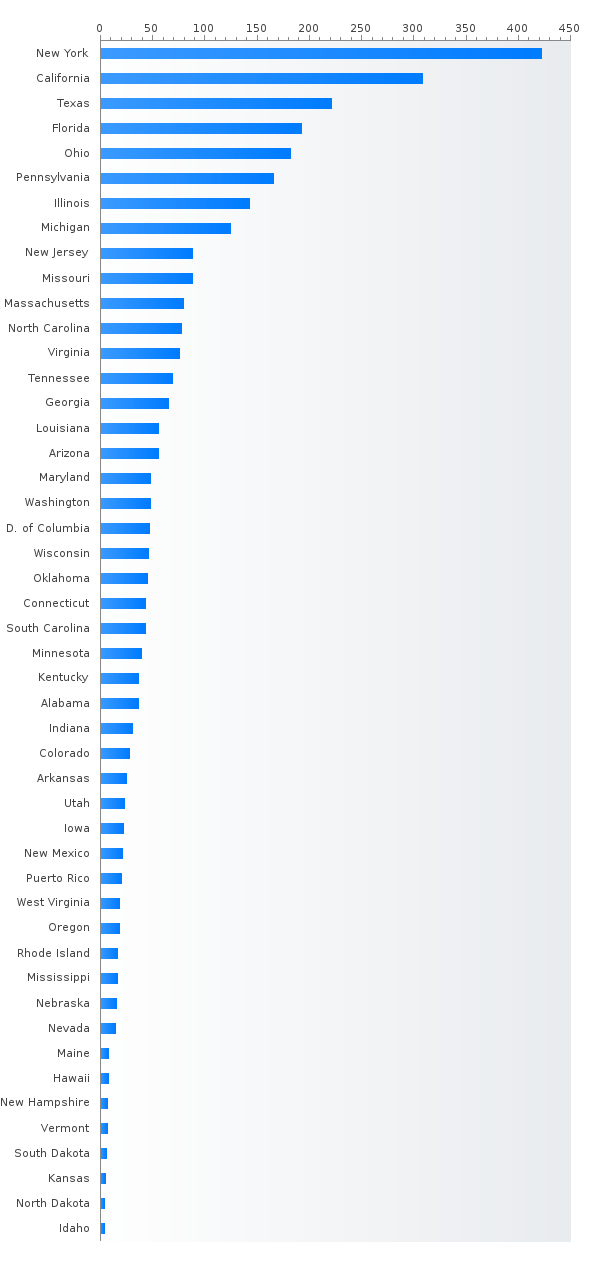I graduated from osteopathic medical school and matched into categorical pediatrics in Tulsa, Oklahoma.
Pediatric residency is a 3-year program that teaches a doctor how to take care of children in order to become eligible to be a general pediatrician, or to apply to fellowship. During that time, you are under the direct supervision of attending physicians (all of which have already completed residency). However clinical responsibility and autonomy are increasing on the way. Pediatric residency is divided between clinic work and hospital work. When you are in the clinic, you are serving as a primary general pediatrician. Different programs utilize different ways of having the residents work in clinic. For me, I am on a 3+1 schedule, or X+ Y schedule. This means I do 3 weeks of a primary rotation, for example, working in the hospital, followed by a week of clinic. I also have a full month of clinic each year. An alternative approach is having residents do a whole day, or a half day of clinic each week throughout their entire residency. There is a pretty good mix of each approach. When I am in the hospital, I am acting as a pediatric hospitalist in a Children's Hospital. Most residency programs evenly split time working in the hospital and working in the clinic. For me, I spent majority of my time, approximately 60 to 70%, in the hospital. When I am in the hospital, I usually work at least 70 hours per week. This usually consists of 6 days of 12-hour shifts and 1 day off. (ACGME has limited resident duty hours to an average of 80 hours a week of less over the course of a month.) When I am in the clinic, I work more of a “normal” 8 to 9 hour day. During residency, you also get at least 3 weeks of vacation time annually and an additional 3 weeks of sick time off if needed. For me personally, I also have 3 weeks of vacation. I submit my vacation requests 2-3 months in advance. I can only take vacation on elective rotations. When I take a sick day, there is a backup system in place to assure any patients I was scheduled to take care of are covered.
A great thing about pediatrics in addition to taking care of kids, you work with others who are making their living doing that! For the most part, we are all nice and are one big family. That is definitely the vibe at my program. We are one big family! We take care of each other. For example, when we have tough days or weeks with sick kids, we always check on each other. We hang out outside of work and help each other out if possible.
With every residency, there are going to be long days. Pediatrics is no exception. The biggest challenge I face is the fatigue with long weeks. Honestly, I don’t know how I would do it if I didn’t know I was heading to work to take care of those who can’t take care of themselves. That’s the joy I find in pediatrics. Pediatrics is absolutely not boring. I have taken care of some pretty rare cases including my most memorable; a child with Menkes Disease. That patient is one of the few in the country. It was an amazing experience providing care. I truly enjoy my job.
Pediatric residency has mandatory rotations such as clinic, general pediatric hospital, pediatric ICU, neonatal intensive care unit, pediatric emergency room, and pediatric psychiatry. In addition, you are often allowed the opportunity to rotate through electives such as pediatric cardiology, pediatric pulmonology, pediatric endocrinology, behavioral and developmental pediatrics, and pediatric immunology among others. University based programs will often have access to all specialties. I am, fortunately, at a community-based program that is affiliated with a Children's Hospital, so I am able to have access to a large variety of specialties, although not all of them. Another important aspect of pediatric residency is dedicated teaching time. There is dedicated teaching time during my hospital rotation and during my clinic rotation. Aside from that, the main academic education takes place that a set aside, protected time one half day every week. There, faculty, guest speakers, and sometimes fellow residents speak on predetermined board relevant topics.
Pediatrics is a rewarding field of medicine where you can take care of children during their sickest moments. My favorite part is the joy you see from the child and parent when the child is finally better and ready to go home. I sincerely hope you consider pediatrics. There are a wide array of specialties that you can apply to after your general pediatrics residency. As for me, I will be applying to neonatology fellowship soon. As a neonatologist, I will take care of premature and mature newborns who require intensive care. I feel that completing a general pediatrics residency has prepared me for what it takes to be a great fellow and future specialist.
Read more


